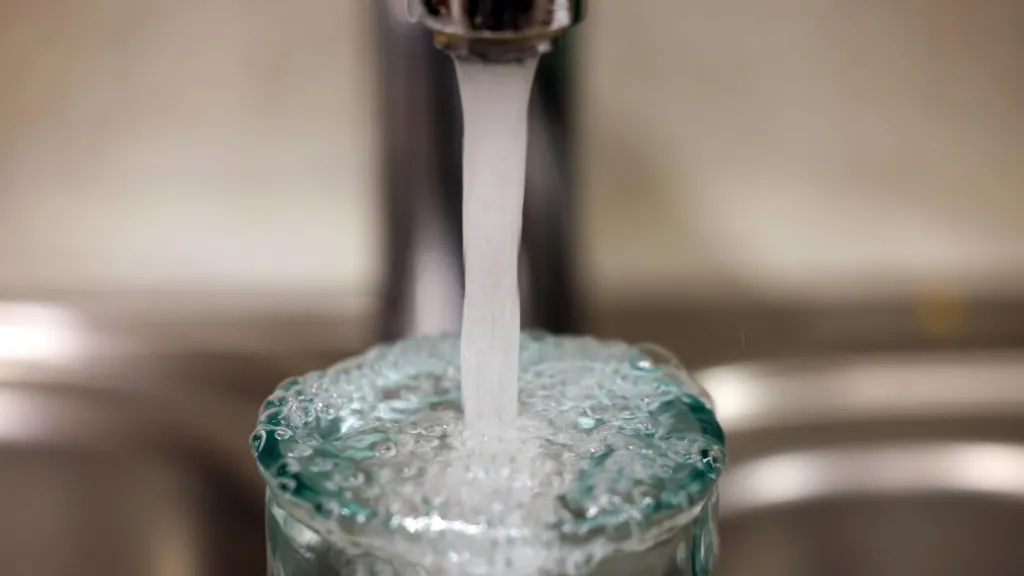Anglian Water is investing nearly £50 million to upgrade seven of its water treatment sites in response to increasing nitrate in water sources that are untreated.
This proactive initiative is aimed at maintaining high drinking water standards and ensuring long-term compliance with health regulations.
Why Are Nitrates in Water a Concern?
Nitrates—compounds made of nitrogen and oxygen—can enter rivers and groundwater through agricultural runoff, especially from fertilised land.
Over time, rainfall flushes nitrates from the soil into nearby lakes, streams, and water sources.
These elevated levels of nitrate in water can present health risks if left untreated, particularly in drinking water.
Drinking Water Regulations and the Standards of Nitrate in Water
The Drinking Water Inspectorate (DWI) sets the UK standard for safe nitrate levels at 50mg/L, a benchmark in place since the 1980s.
Water companies are legally obligated to act when nitrate levels threaten to exceed this limit.
Anglian Water is planning upgrades to stay ahead of these risks and preserve water quality for its customers.
Health Impacts of Nitrate in Water
While nitrate contamination can lead to conditions like methaemoglobinaemia—a rare disorder that hinders oxygen transport in the blood—experts say current levels pose minimal public risk.
Dr. Pallavi Devulapalli, a GP and councillor in West Norfolk, reassures that cases of this illness are “extremely unlikely” with modern monitoring in place.
The last recorded incident in the UK dates back to the 1950s.
Read also: Email Hacking: 7 Warning Signs and 5 Effective Digital Protection Steps
Planned Treatment Site Upgrades
Anglian Water will improve treatment facilities in Marham, Congham, Ryston, Houghton St Giles, Ringstead, Lyng Forge, and North Pickenham by 2029.
The company is also partnering with landowners to mitigate nitrate pollution at its source—through sustainable land management and reduced fertiliser reliance.

Is Tap Water Still Safe?
Yes. According to the DWI, Anglian Water’s nitrate-reduction strategy is a proactive measure—not an indication that current drinking water is unsafe.
Routine testing ensures compliance with safety standards, and all treated water continues to meet regulatory benchmarks.








